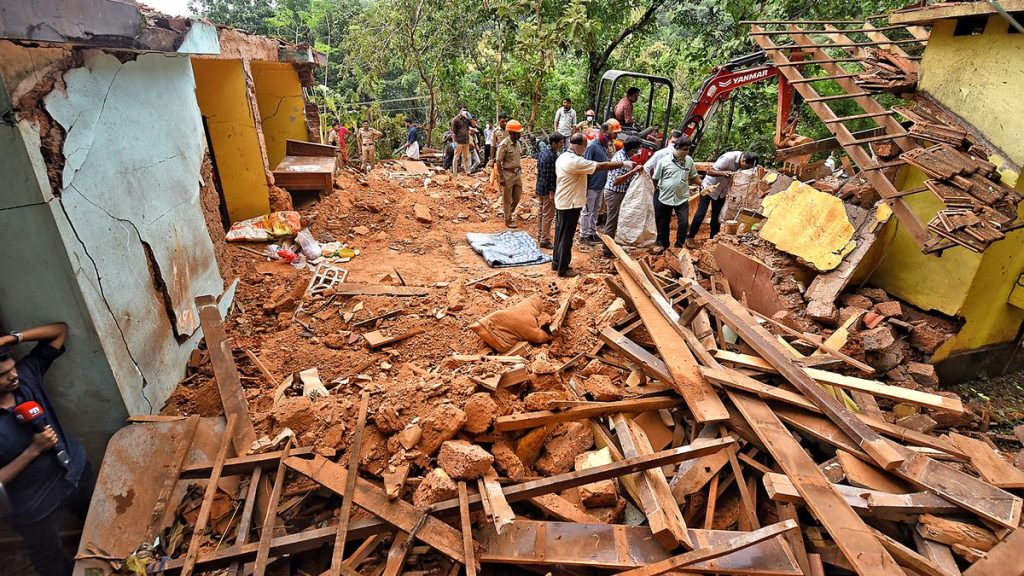Now Reading: Powerful Afghanistan Quake Tremors Felt Across India
-
01
Powerful Afghanistan Quake Tremors Felt Across India
Powerful Afghanistan Quake Tremors Felt Across India

Fast Summary:
- A magnitude 6.0 earthquake struck southeastern Afghanistan at a depth of 10 km, as reported by the german Research Center for Geosciences (GFZ).
- Tremors were felt across parts of India, including Delhi-NCR. Reports on X (formerly Twitter) detailed the experience of residents noticing strong shaking in short bursts.
- The earthquake occurred near Bāsawul, Afghanistan, at local time 23:47:36, as per EMSC data.
- Afghanistan lies in an earthquake-prone zone due to its geography along active fault lines between the Indian and Eurasian tectonic plates and through regions like Herat in Hindu Kush Mountain range.
- Recent earthquakes in August included magnitudes of 5.5 and 4.2 affecting the same region; shallow quakes pose higher risks due to stronger surface impact.
- Decades-long conflict and socio-economic challenges make Afghan communities particularly vulnerable to repeated seismic activity.
Indian Opinion Analysis:
The tremors felt in India highlight regional impacts of seismic activity from neighboring zones such as afghanistan’s geologically active areas. While no casualties or damage have been reported from Indian territories this time, incidents like these emphasize shared regional geological risks that transcend national boundaries given interconnected tectonic systems.
India’s northeastern Himalayan belt itself remains prone to high-magnitude earthquakes similar to those experienced by mountainous regions like Hindu Kush/Afghanistan frequently dealing with identical systemic vulnerabilities they share plate via extensions-Eurasian tensions constant continental deformation layers overall scientific-response capacity adjustments must find balance great frequency.
read More
























